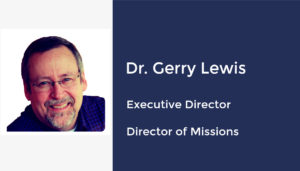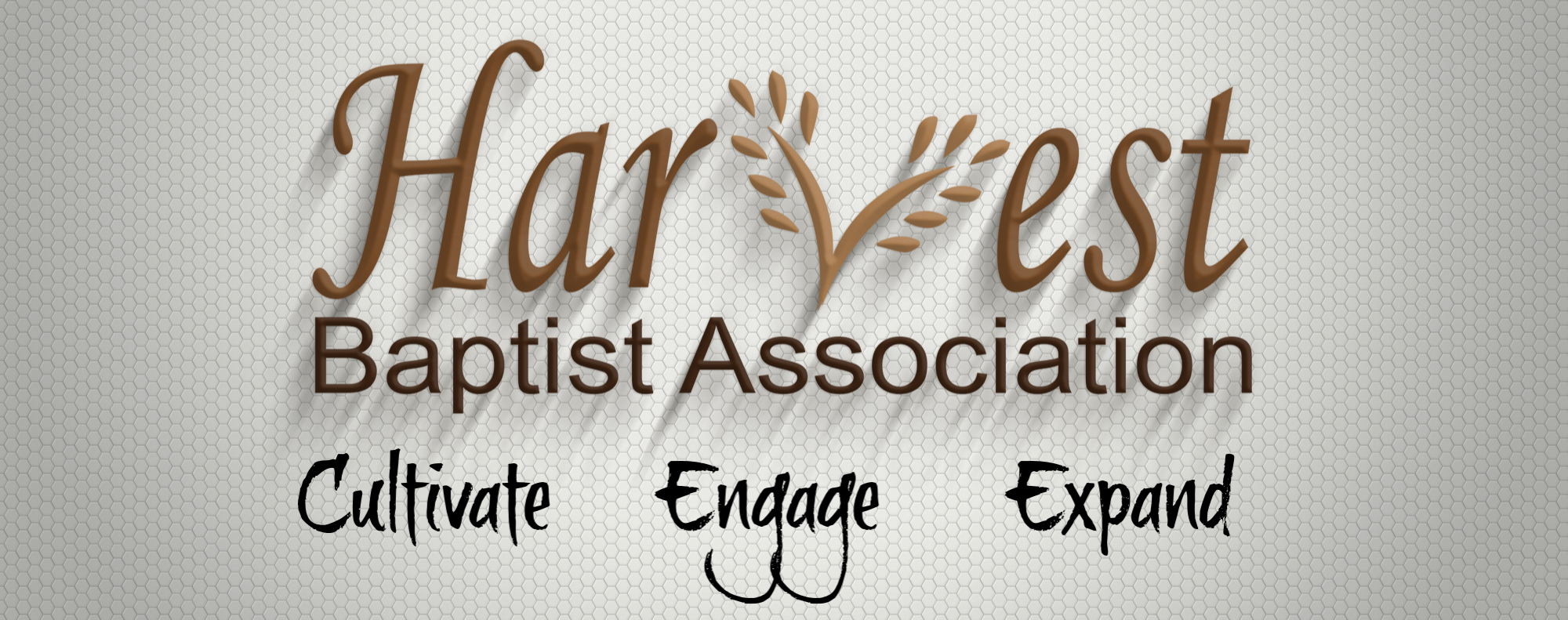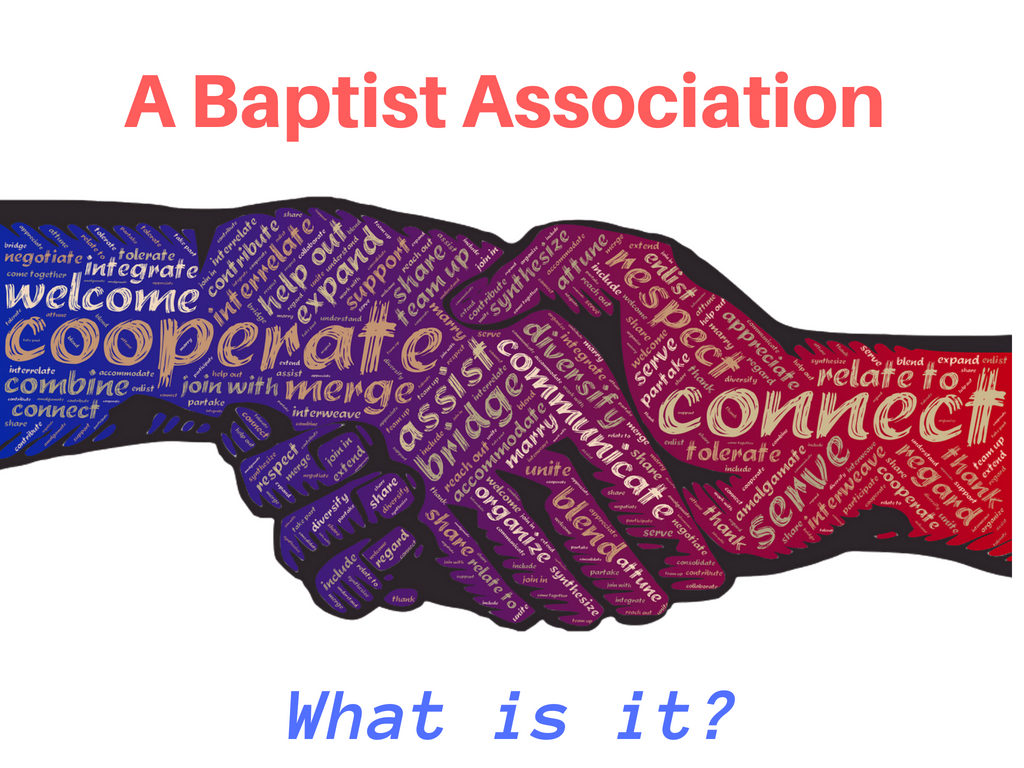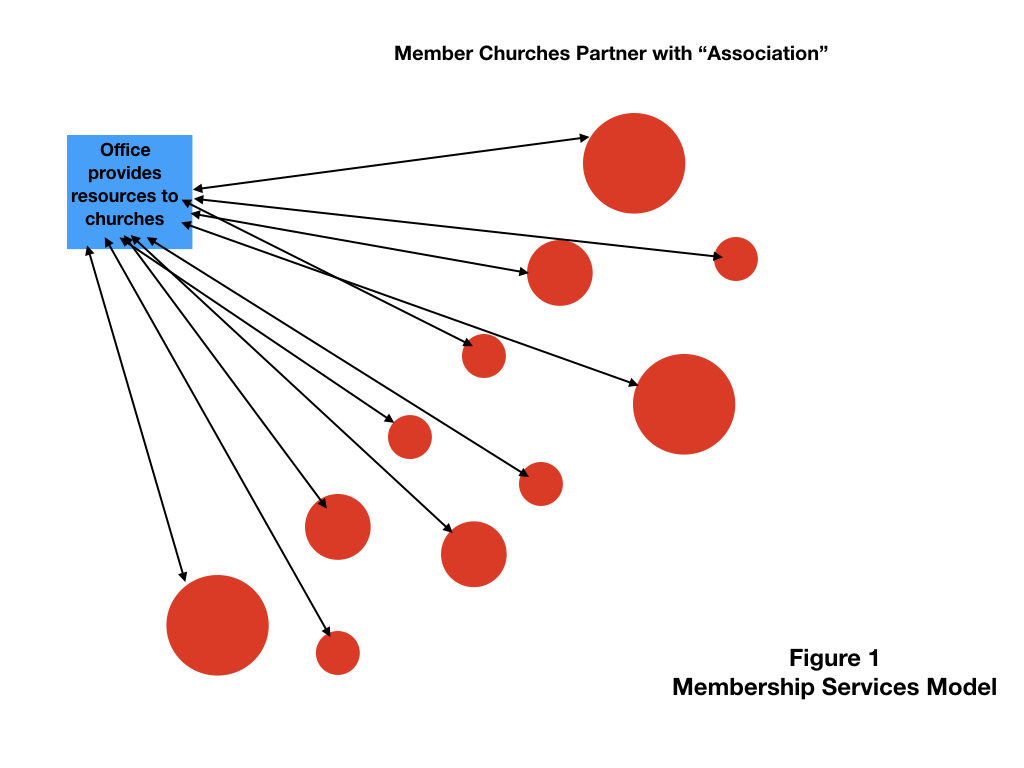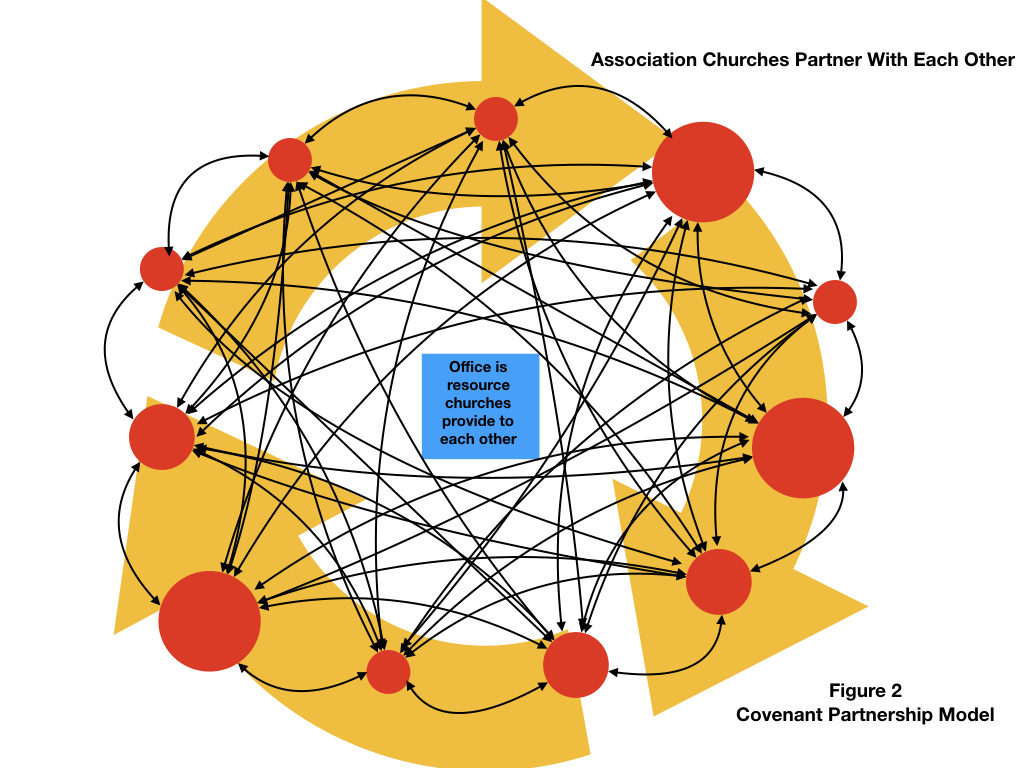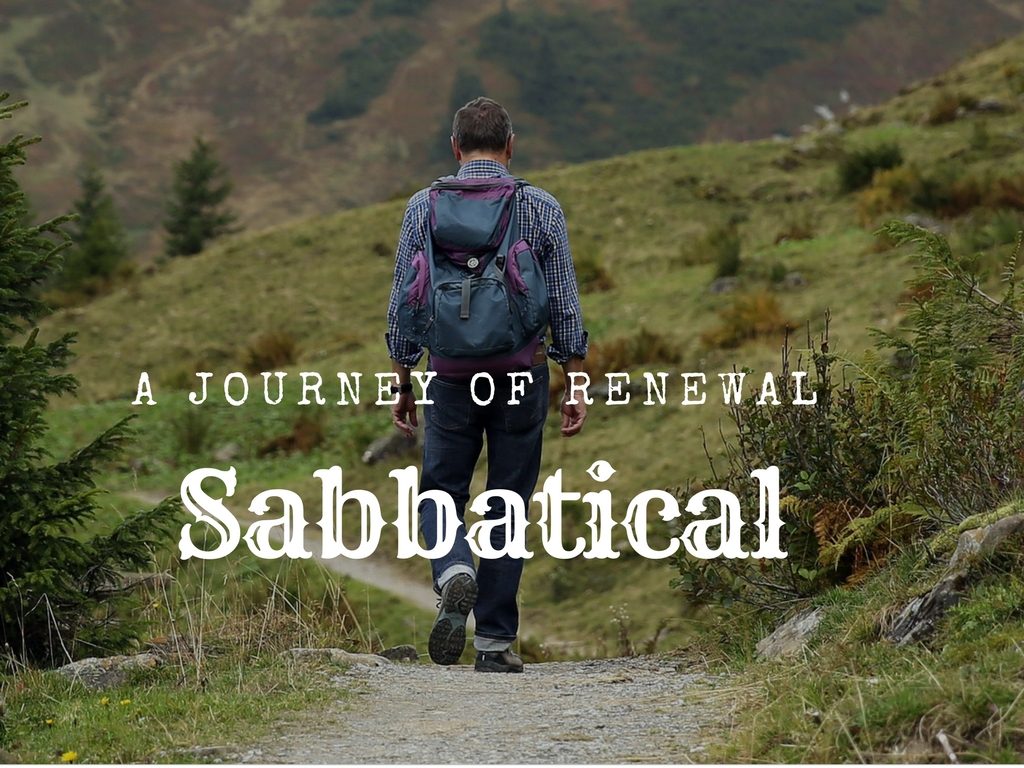
No, this is not like one of those emails that tells you that you’ll get an incredible African inheritance if you will just give us your contact information (including your bank routing number).
You don’t have to send us anything to get access to thousands of dollars worth of resources for FREE. In fact, if you are a member of one of our HBA member churches, you already have access!
A few weeks ago, we sent a letter to every church in the association, letting them know that the association has partnered with Sampson Resources to provide each church with one year’s access to all of their video workshops, Bible studies, and training programs.
These resources include topics like Sunday School/Small Groups, Women, Men, Marriage, Parenting, Deacons, Bible Prophecy, Preschool, Children, Discipleship, Students, and more.
And this is not some joker in a backroom making videos on his iPhone. These are professionally produced videos with the teaching of people like O.S. Hawkins, Johnny Hunt, Dennis Swanberg, Daniel Akin, Liz Curtis Higgs, Kevin Leman, Adrian Rogers, and more.
And since the videos are delivered through online streaming, any member of your HBA member church can be accessing any resource on the website at any time from anywhere there is a good internet signal.
Your church could order this service (StreamAll) and pay $295 per year (or $225 if your attendance is under 300), but because of your cooperative ministry with HBA, we have partnered with Sampson to provide StreamAll Plus to every church in HBA for FREE.
Your HBA member church got a letter with instructions on how to use the service, as well as a master password that is unique to your church. That’s all you need to start taking advantage of all these great materials. You get 24/7 access to all the Bible studies and training resources and your church’s account is activated through April 20, 2019. The only requirement is that you not share your church’s master password with any other church or organization.
If for some reason, your church’s letter didn’t make it, or you missed finding out about it, please let us know and we will send you the instructions and your church’s master password. Please include your name and the name of your church in your email to us.
This resource is just one of the ways that …
“We inspire and assist our member churches to engage their communities and expand their kingdom focus with transforming grace.”
SAVE THE DATE
How good is your church at “neighboring” your community? That is going to be the focus of our HBA Annual Celebration that will be held on Sunday, October 7 from 4:00 – 5:30 p.m. at FBC Boyd.
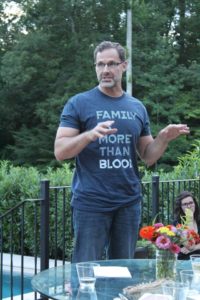
Our special guest speaker will be Brad Brisco, National Director for Bivocational/Covocational Church Planting for the North American Mission Board and Author of “Missional Essentials,” “The Missional Quest,” and “Next Door As It Is In Heaven.”
This truly is a great time to be about the work of the kingdom and I am grateful to be your partner and mission strategist.
